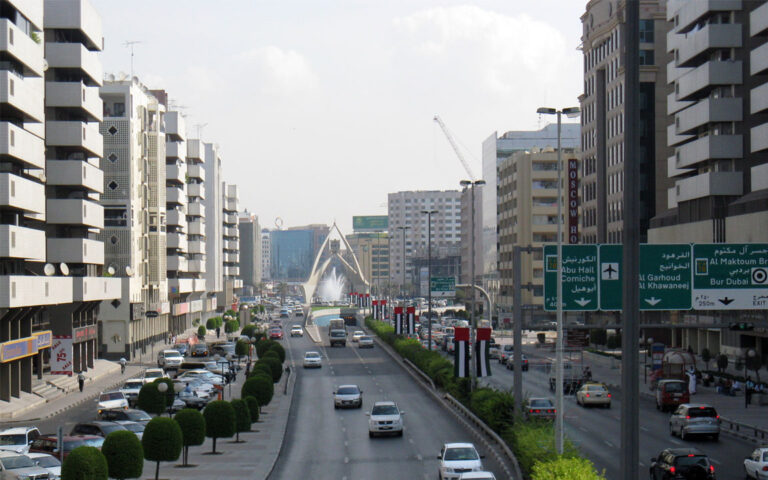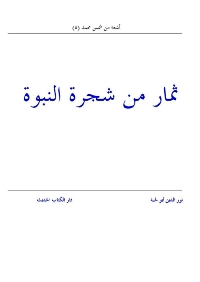Question:
 How should Muslims offer the Eid prayer in light of the COVID-19 lockdown?
How should Muslims offer the Eid prayer in light of the COVID-19 lockdown?
Answer:
Shedding more light on the question at hand, we would like to quote the following statement:
In the communities where the mosques have not yet opened, the Eid Prayer should be prayed in one’s houses with one’s own family, and there is no need for a khutbah.
The Eid prayer is not the same as the Friday prayer, as Friday prayer has different conditions and rulings. While the general rule is that Eid pryaer should be prayed in a large congregation, it is permissible even in regular circumstances for the one who missed Eid prayer to make it up at home.
Anas ibn Malik (may Allah be pleased with him) once missed the Eid prayer in Basrah, so he gathered his family and had one of his household lead them in two rakahs.
Ata’ ibn Abi Rabah (d. 114 AH) said regarding the one who missed the Eid prayer, “Let him pray two rakahs and say the takbirs”.
Hammad ibn Abi Sulayman (d. 120 AH), the famous scholar of Kufa and teacher of Abu Ḥanifa, said when asked the same question, “He should pray as they prayed, and do the takbirat as they did”
These reports are in the Musannaf of Ibn Abi Shaybah, 2/4-5. All of these reports are regarding those who missed Eid for any reason. Notice that the Friday prayer would not be ‘made up’ like this, and one who misses Friday prays Zhuhr instead.
Hence, given our current situation, there is no problem in advising families to observe all of the Sunnahs of Eid (of taking a ghusl, eating a breakfast, wearing one’s best [permissible] garments, saying the general takbirat after Fajr, etc.) and then praying a congregational prayer at home with one’s family.
The Eid prayer has special takbirat. There are 7 takbirat in the first rakah including takbirat al-ihram, and 6 in the second rakah including takbirat al-qiyam – this is the position of the Hanbali school, and Ibn Taymiyyah.
Note that Shafi`is say 7 not including the takbirat al-ihram (that would make 8 total); as well the Ḥanafis state 4 takbirat including the takbirah of the ihram and the qiyam for both rakahs.
As well, the Eid khutbah is not a requirement of the prayer, hence there is no need to give one. All four schools of law state that the khutbah of Eid is not obligatory. In the report above, Anas merely prayed two rakahs and didn’t ask his servant to deliver a khutbah.
Alternatively, it would be allowed for mosques to broadcast Eid khutbahs, and all families pray their individual congregational prayers at a given time, and then, after they finish their own Eid prayers, they can listen to a khutbah broadcast live from their mosque as a general reminder.
Source: Dr. Yasir Qadhi Facebook Page
[opic_orginalurl]



